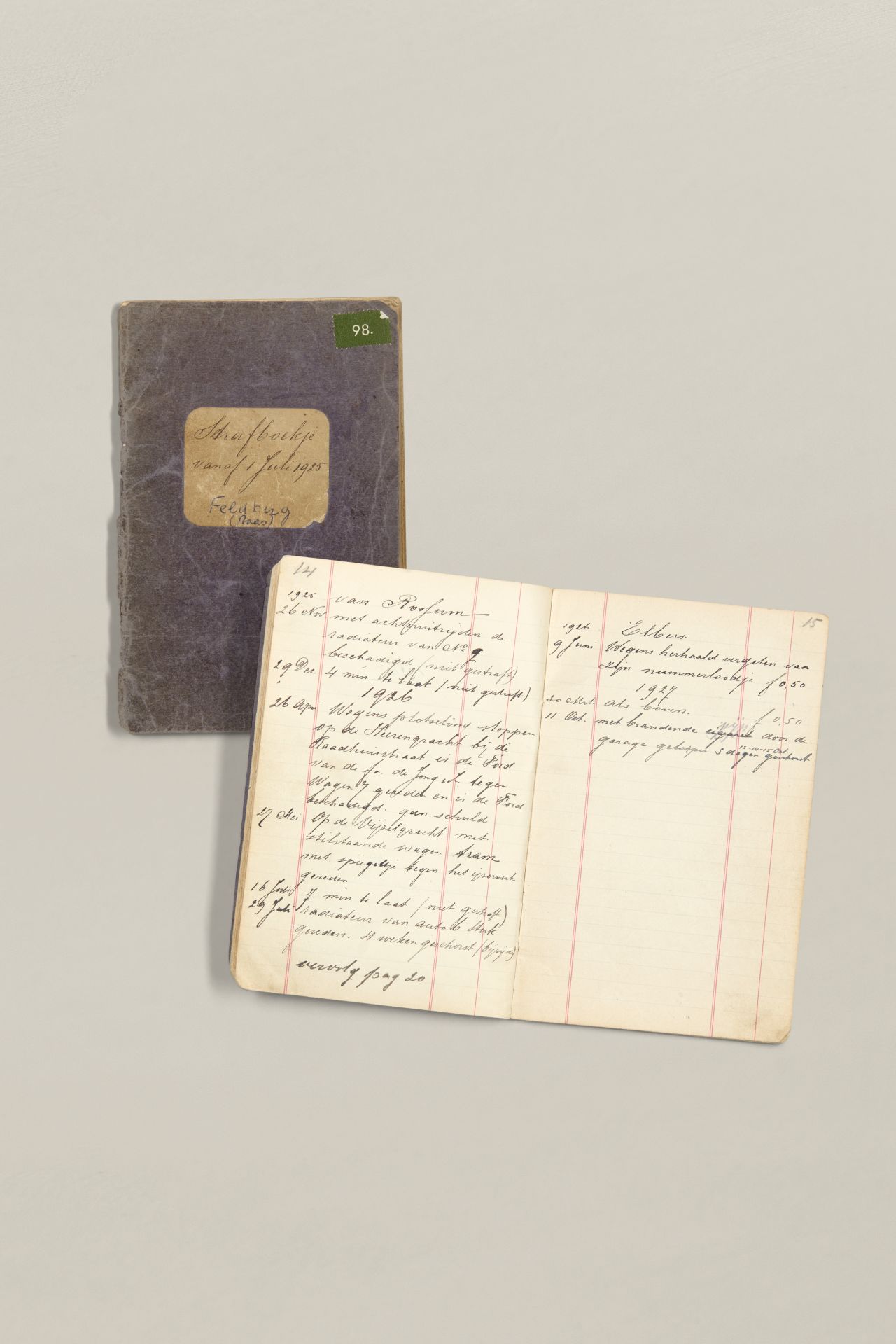Tough, but fair
Today safety takes precedence in Western societies and has become an industry in its own right. Literally every risk has to be minimised, especially in business. It wasn't so different in the past, except that people used to be less obstinate and tended to abide more readily by the rules set by their superiors.
Health and safety at work was strictly monitored from the start at Heineken breweries. It was extremely important for producers to ensure that staff worked precisely and hygienically, especially at a time when technologies were less sophisticated and there was little government involvement in the form of certification and labelling.
A heavy hand
Fire hazards have always been treated very seriously: employees were responsible for preventing risk by adapting their own behaviour and calling each other to account for unsafe actions. But workers were also just ordinary folk, so firm discipline was sometimes enforced to keep them in line. This is why Heineken Amsterdam's Chief of Garage and Stables kept this punishment book (Dutch: Strafboekje), a modest notebook 'from 1 July 1925' by 'Feldberg (boss)'.
Who is the boss?
Feldberg noted what his subordinates had done wrong and their punishment. J.B. Elbers, Feldberg's later successor, also appears in the punishment book, as the Head of Advertising Services recalled on the occasion of Elbers' own retirement as Chief of Garage and Stables in 1971. Feldberg wrote of the very young Elbers: 'Repeatedly forgetting the number plate (in 1927) resulted in a fine on several occasions and walking through the stables with a burning pipe on 1 October 1927 led to suspension on 13, 14 and 15 October!'
Positive anecdotes
Other reminiscences shared about the amiable Elbers at his farewell reception were all positive. Grateful colleagues presented him with a folding bicycle, a caravan refrigerator, a drill, two shavers (one corded, and one battery-operated), two book vouchers and a barbecue.
Royal garden chairs
But that's not all. The last to speak was Mr Westerhoud of the Royal Stables. On behalf of Her Majesty Queen Juliana, he thanked Elbers for the way the royal horses were cared for when they 'stayed' at the Heineken stables, whenever members of the royal family were in Amsterdam to ride in the Golden Coach to a coronation or wedding. The carriage itself was temporarily housed in the Heineken garage for these occasions. Westerhoud presented Mr Elbers with two flowered garden chairs as a token of the Queen's gratitude.
